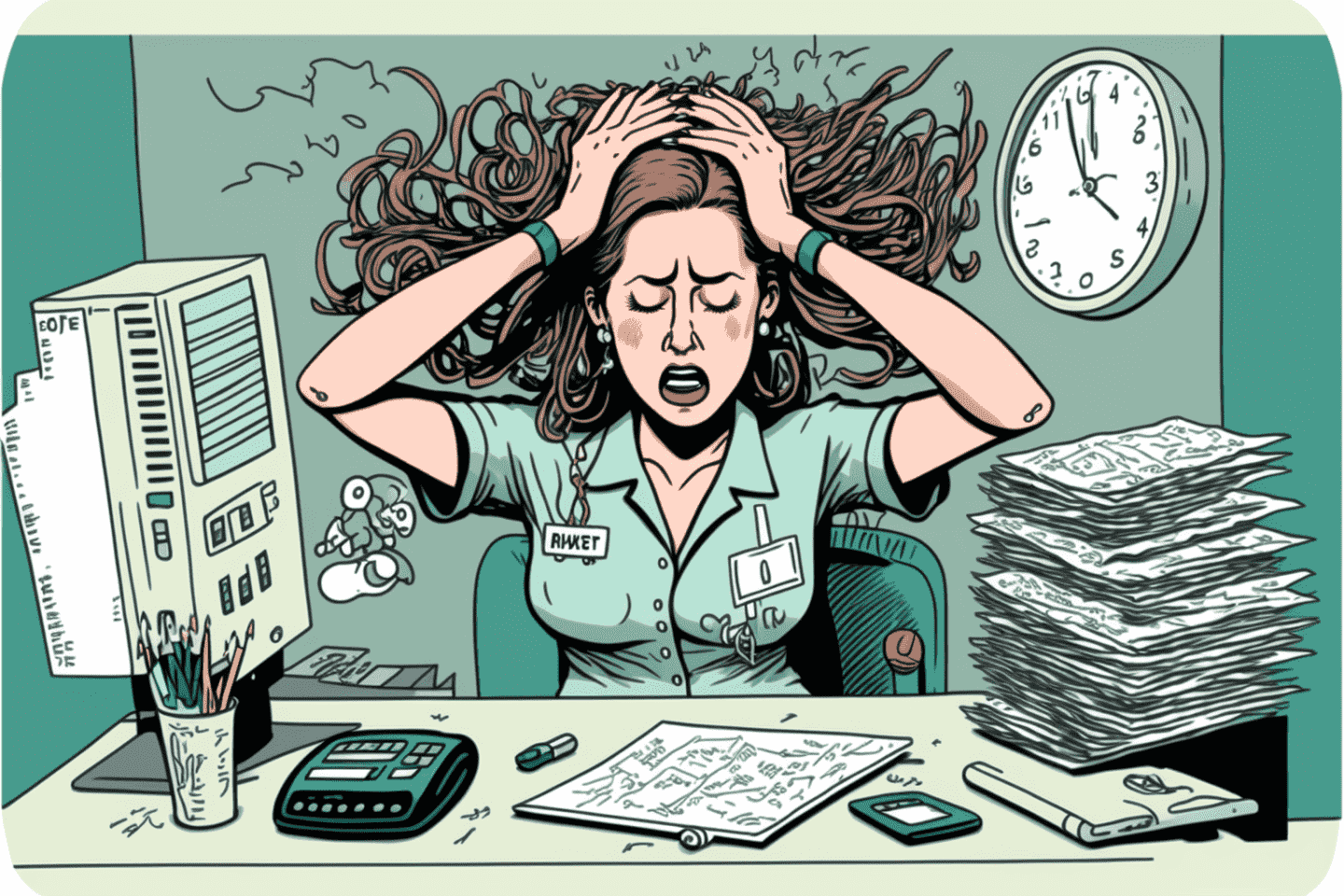How Medical Staff Can Deal with High Stressors at Work

Dealing with literal life-and-death situations on a daily basis is not natural and can take a toll on anybody. Doctors, nurses, and first responders are exposed daily to high-pressure situations, with outcomes not always positive. Building emotional walls or blocking out feelings or images mentally does more harm than good.
It's only human nature to feel the need to release and decompress, especially after a highly stressful day or situation. Unfortunately, it's not easy for some to relax and unwind, which is a problem. Knowing how to unwind and de-stress is a skill like any other, and those in the medical profession must master this skill. No one likes a mean, rude, sad doctor or nurse. Your mood affects your work, and stress disrupts how you typically do your job. You get more anxious, irritable, lethargic, and thinned out psychologically.
At times it may not be the work that is stressful but other factors in your environment. Lack of social support, low salaries, having little control over job-related decisions, and much more. It is well known that exposing yourself to high stress for an extended period is bad for your physical body. High blood pressure, insomnia, depression, and anxiety are some of the expected effects of not handling stress. These conditions will always snowball into more severe and fatal results if not controlled and monitored.
Yes, the patient is the priority. But as the helper, you need to be as professional and empathetic as possible toward all patients. You're always on the go helping people and, at times, forget yourself; it happens. Here are a few tips and tricks for you to try to help your stress management even in your high-stress environment.
Track Your Stressors
Like making any diagnosis, you must always identify the cause correctly to give the appropriate treatment. You must be able to observe what situations you feel the most stressed about and how you react to them. This will provide an objective view of your situation and enable you to have better control. You can track your stressors by journaling what you are feeling and going through, and after a while, observe your reactions and see how you can better react to them. You can practice different de-stressing methods such as meditation and breathing techniques, note down what works best, and keep doing it whenever you find yourself in a difficult situation. If it's things like your recertifications for ACLS, PALS, BLS, or CPR, Promedcert is a great solution that gives you simple and affordable services that you can access at your own pace.
Develop Healthy Responses
After identifying what stresses you and your reactions towards the stress, actively find ways to release these feelings positively. Avoid going to food, drugs, or alcohol to drown the feelings but things that will bring long-term positive effects. If you own a pet, taking care of them or taking them on walks can help. Not staying up too late watching movies and getting enough rest when you sleep goes a long way in relaxing the mind. Limit caffeine and bad habits like being on the phone anytime you're free; read a book or take a walk instead.
Establish Boundaries
We are in a very digital world, and there is a pressure to feel always available, whether online or offline. This can bring stress if there are no rules and boundaries to how you let people access you. Set boundaries for when you go online and how long you stay on social media every day. It will help create balance in your online-offline life.

Get a Support System
No man is an island, nothing under the sun is new, a problem shared is half solved, and so forth. You need people who understand you and your situation and can truly empathize with the type of pressure and stress you face daily. Having a person or group of people to whom you can freely talk goes a long way to decompressing psychologically and having mental ease when working. Whether it is a therapist, support group, or a relative, find them and be committed.
Talk to Your Supervisor
Sometimes, due to the workload, you feel like you cannot manage and are drowning. It's best to explain to your boss or supervisor about your well-being. You can ask for a day off or leave if you feel stressed beyond a weekend's worth of rest. You cannot work efficiently on your patients if you are too stressed and barely surviving in your environment.
Engage in Non-work-related Interests
It is necessary to have hobbies and interests outside your work field. It would be best if you took your mind out of the workspace every so often to enjoy life. Your career and patients are just some of the things in your life. You have interests and exploring them is one way to relax and decrease any stress. However, some interests are more challenging to explore in terms of convenience and time, for example, water skiing. Find things that you can quickly dive into when at home or even when on break at work. Doing crossword puzzles or listening to music are examples of quick and easy ways for some to take their minds off work.
Take Care of Your Physical Health
Our bodies were built to be in constant dynamic motion to stay healthy and function optimally. It is one way we can help the body properly handle stress. Exercising is a great way to boost your endorphins and reduce your stress. Dynamically moving your body and getting the heart pumping fast, even for ten minutes straight a day, is enough. Active and brisk walking can also help; the point is to raise your heart rate and get those steps in and sweat out. Remember also; you are what you eat, and ensure your diet is well-balanced and full of fresh and healthy options that will help boost your energy and mental health.

